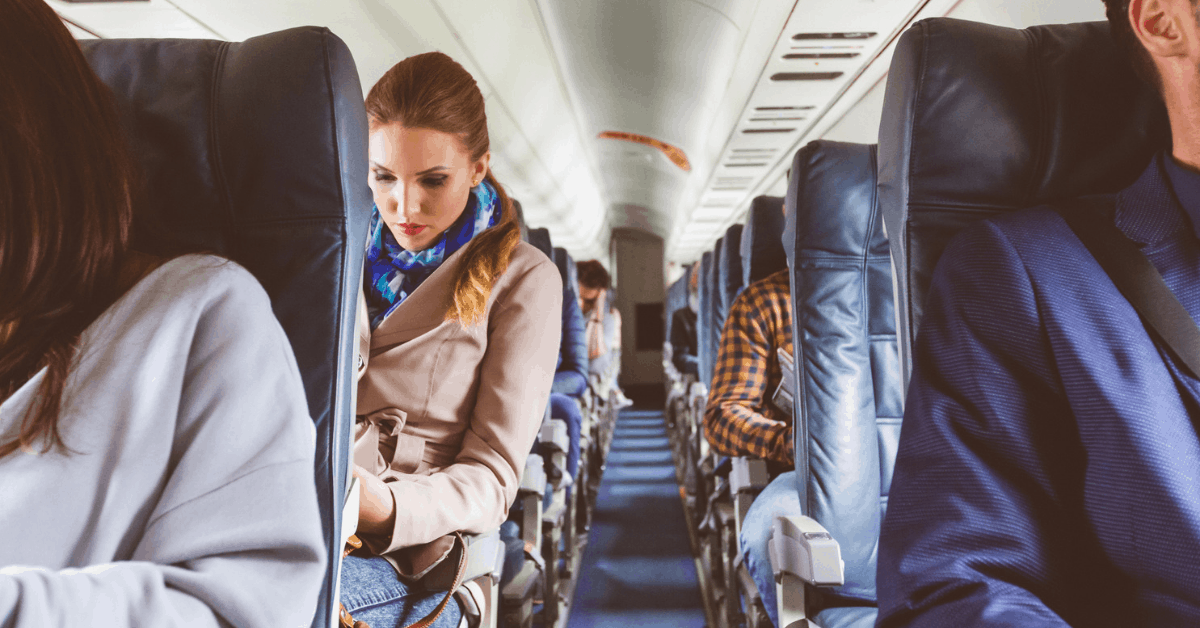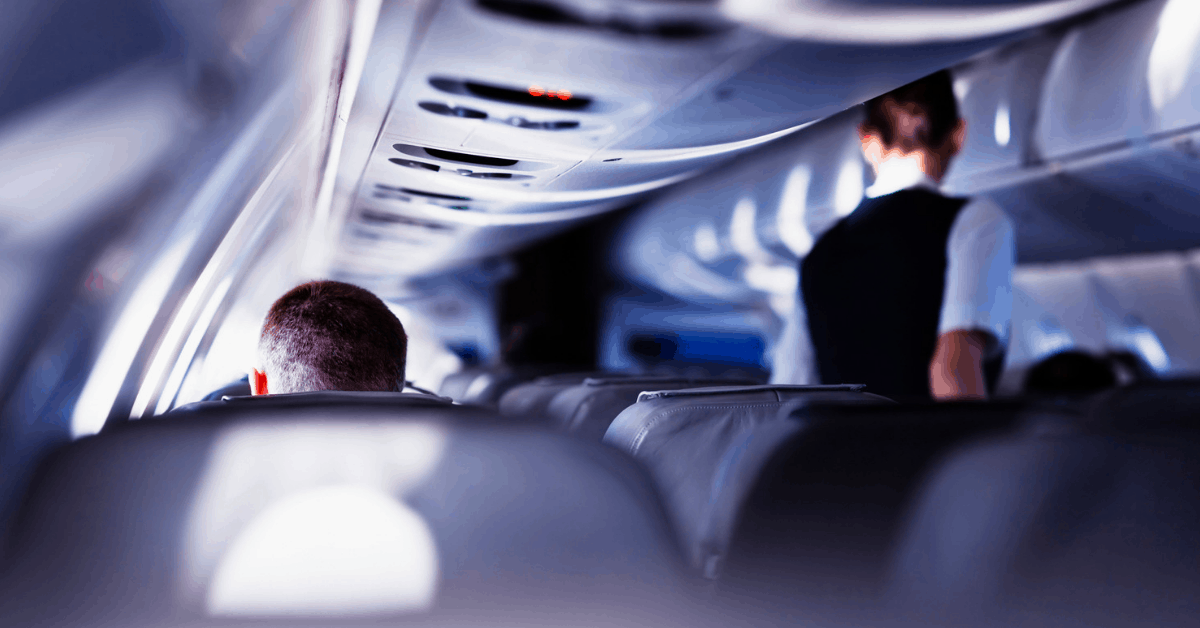Online travel expert George Hobica explains why your seat and flight are not always guaranteed.

With boarding pass in hand – seat 3A, first-class, American Airlines, Los Angeles to New York – I presented myself at check-in, only to be told that I would not be flying in seat 3A after all.
My seat, it appeared, was going to be occupied by another passenger. I’ve flown enough to know that stomping feet and yelling gets you nowhere, but I was curious. “Why?” I asked the agent. “Sorry, I can’t tell you,” she replied. “You can’t tell me or you won’t tell me?” I persisted. “Sorry, I can’t tell you,” she replied. Who, exactly, was so important that they could take my place?
I’ve been flying for decades (my mom flew while pregnant, so I suppose I could say I’ve been flying since before I was born), but this was a first. I’ve been bumped before, but never from a first-class seat, and never before I even reached the gate.
American flies almost hourly on the route and the agent promised she would get me on another flight that day. In fact, soon after I sat down in the lounge another agent found me, handed me a boarding pass, seat 3A, for a flight leaving exactly 59 minutes after my original flight, along with a $400 voucher, thanking me for being so patient. Because I was rebooked less than an hour after my original flight, American owed me no compensation. It pays to be pleasant.
So what happened? Most likely, an Air Marshal needed my seat (they sit in first class, near the cockpit) and they don’t like to advertise their presence.

There are other reasons that an airline can take away a seat, even if you have a boarding pass. Airlines do not guarantee their schedules and they do not guarantee that the seat you reserve will be the seat you fly in. It’s in their contracts of carriage.
Airlines can reassign seats to accommodate passengers traveling with children or with passengers requiring special assistance. I once flew in first class on British Airways from London to L.A. and before the door closed, a flight attendant asked me to switch seats so that a mother could sit near her child. The mother was actor Angelina Jolie, as it turned out, and no, she did not thank me, but no big deal. To this day I wonder what would have happened if I had refused to move.
Not surprisingly, if a smaller plane must be substituted for a larger one, all seat assignments are revised. Airlines can also reassign seats under some conditions (usually in smaller aircraft) to rebalance loads. Or if a seat isn’t working properly (stuck in the reclined position, for example) it will be taken out of service until repaired.
And if you’re a very, very good customer, an airline might change someone else’s seat to accommodate you, even if it means shunting that passenger from business class to economy or from aisle to the dreaded middle. These uber-fliers are highly profitable and airlines treat them like royalty. It all comes with the territory. The airline only promises to get you from city A to city B, all in good time, with patience and politesse rewarded.
A few years ago, also on American, also LA to JFK, I was sitting in a business-class window seat next to an empty aisle seat, when just before take-off, a few rows back in economy, a fracas erupted. Something about, you guessed it, seat assignments. The gate agent and the lead flight attendant approached my row. “Is this seat taken?” one of them asked. “Should we upgrade him?” one said to the other. “I am NOT upgrading that kind of behavior!” the gate agent said. And soon, a young man, who had volunteered to switch seats with the screamer, was sitting next to me.
After take-off, the cabin crew stopped by to thank him for defusing the situation. He had never flown in business before and when menus were handed out he turned to me and asked why there were no prices listed. I smiled and explained the situation. He was on his way to a college interview and I had a feeling he was going to make a good impression.




